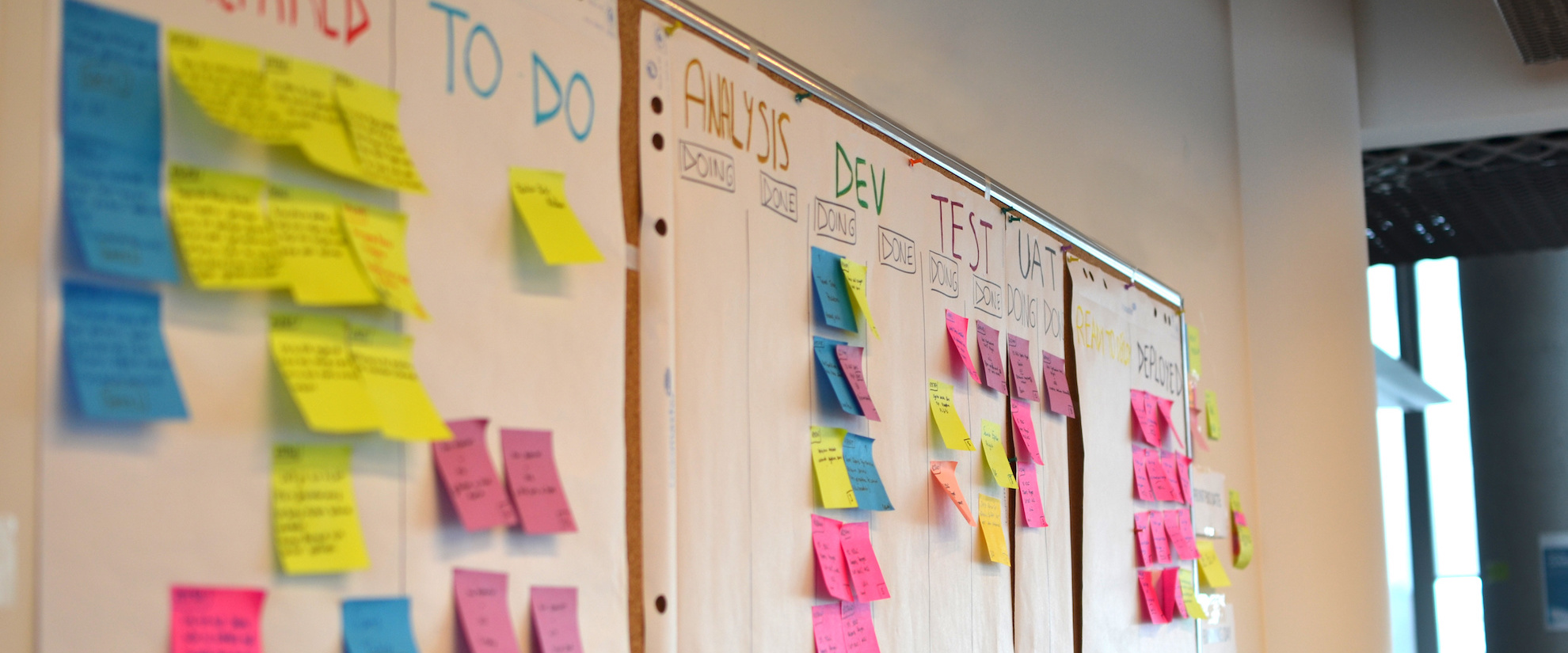Leadership Development: Tips for Busy Professionals to Improve Leadership Skills
08 Jan, 2023 | By leslie@leanexpansion.ca

Scheduling leadership development as a regular part of professional life is essential for leaders targeting consistent self-improvement—and it takes a lot less than you might think.
As business leaders or professionals in any field, carving out time for skills improvement is essential to improving leadership competencies and outcomes. As a business consultant with over 20 years of experience, one of my core areas is leadership development—or executive coaching. And one of the biggest challenges facing managers and executives is finding time for self-improvement between day-to-day work, looming deadlines, urgent meetings, and minor emergencies.
Leadership development is an investment many executives are expected to make, especially those aspiring to further their careers. The good news is that it’s less daunting than you may expect. According to the latest research—structured programs should only take up about 10% of time dedicated to leadership development—the rest is exploration and experimentation. As an executive coach, the rest should be experimenting and discovering what will bring you the most significant growth as a leader.
Leadership Development
Leadership is not simply a field–it’s tied to a person. So, leadership is less about developing a skill than developing a person with individual style and competencies. For the sake of time, it’s vital to identify key leadership aspects to develop and tackle them individually—for example, performance reviews, time management etc. Tackle skills development in chunks, no more than two to three at a time.
As an executive coach, the biggest mistake leaders make is trying to tackle too much too fast. Pursuing too many goals and tasks too fast runs the risk of simply becoming overwhelmed—or losing motivation by a lack of results. Remember, self-improvement is a long-term game. Forming good habits that you perform daily will be more effective than short bursts of concentrated activity.
Discovering Self
As previously noted, there is no formula for leadership—it’s personal. Discovering your leadership style is important to understanding where you are in your journey and which skills need to be refined. Watch other leaders who have skills aligned with your targeted areas of development, for example, a manager with excellent time skills. See what they do—ask questions and consider how to replicate success. Be humble and honest—it’s often hard to see ourselves objectively. An executive coach can hold up a mirror and offer constructive and objective guidance.
Experiment
The potential of making a mistake often fills us with dread, but it’s one of the most critical characteristics of leadership development. When it comes to leadership development, we should not fear experimentation. The trick is modifying minor aspects of typical behaviour and measuring the results. For example, if you’ve always conducted meetings a certain way, change your style and see what happens. If it’s less productive, it’s always possible to revert. Be bold and try other approaches until settling on one that works better for you and team members.
Leadership Development Through Executive Coaching
Becoming a better leader should be recognized as an ongoing part of life for managers and CEOs. As an executive coach, I work to guide invested leaders with only small amounts of time to commit. Leadership development isn’t something that occurs in the workplace—it’s a journey taking place everywhere and all the time. Leadership will play a role whether you’re a parent, coach, volunteer, or executive. Consider how you bring leadership to different parts of your life and how to reconcile those skills at work—it can lead to unprecedented improvements.



